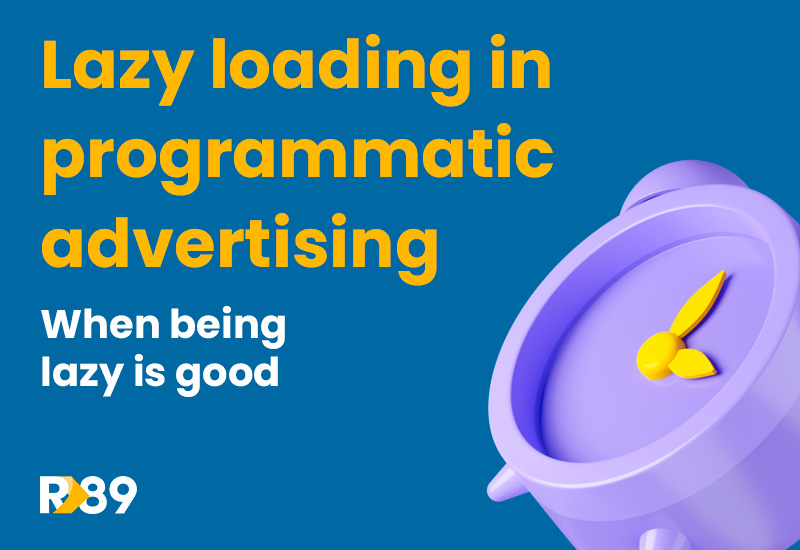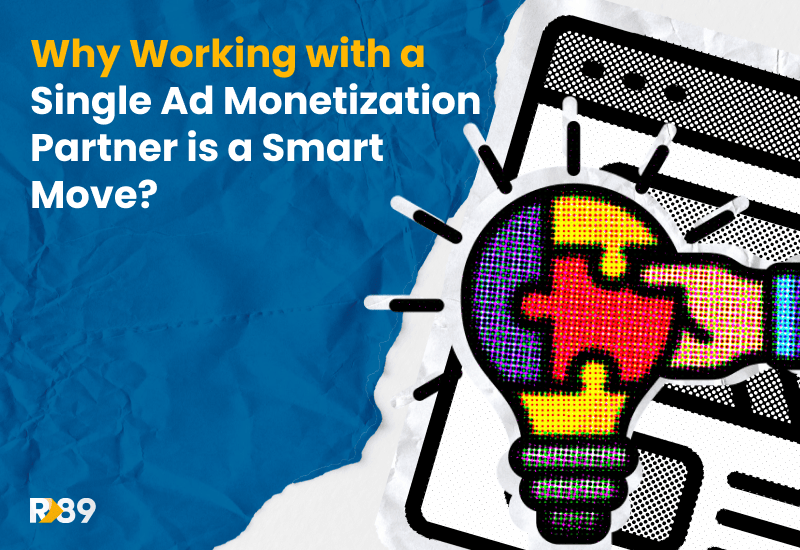Advertisers and publishers are always on the run in search of innovative ways to maximize monetization and optimize their ad strategies, one technique that has gained traction is lazy loading.
What is Lazy Loading?
Lazy loading is a technique that defers the loading of non-critical resources at page load time. Instead of loading all assets simultaneously, it waits until the user’s browser viewport is about to display an item before load it. In the context of programmatic advertising, this means that specific ad formats will only load when they’re about to be visible to the user.
Why is Lazy Loading Important for Publishers?
Improved User Experience
Websites with heavy ad content can significantly slow down, leading to a poor user experience. By employing lazy loading, publishers can ensure that site content loads quickly, keeping the user engaged.
Enhanced Page Performance
It can dramatically improve page speed scores, a factor that’s essential not only for user experience but also for search engine rankings.
Reduced Bounce Rate
Faster page load times mean users are less likely to leave the website, thereby reducing the bounce rate.
Efficient Use of Resources
By only loading the ad content when it can be efficient and yield, there’s a more efficient use of server resources and bandwidth.
How Can You Implement Lazy Loading?
Publishers implement Lazy loading using JavaScript. There are many libraries available that can help with this, such as lozad.js et à lazysizes. The basic principle is to only load the content (in this case, ads) when they come into the browser’s viewpoint. The specifics might vary based on the library used, but the core logic remains consistent across the board.
What about Ad Inventory Monetization?
For publishers, monetization is paramount, and this is where the true value of lazy loading stands out. With lazy loading:
-
Optimized Ad Views: Since ads are loaded when they’re about to come into view, there’s a higher chance of them being seen. This can improve viewability scores, a crucial metric in programmatic advertising.
-
Efficient Ad Serving: Advertisers want their ads on display. This technology ensures that users see ads and they don’t go to waste if a user never scrolls to their position on a page.
-
Enhanced Engagement with Ad Formats: Users are more likely to engage with them. This can lead to higher click-through rates and, in turn, better monetization.
-
Optimal Use of Ad Inventory: a publisher can be sure that the ad inventory is used optimally. This helps to load only the ads that have the highest view probability making the effective use of available ad slots.
Lazy loading is a crux in programmatic advertising. For publishers aiming to optimize their ad inventory and maximize monetization, we strongly recommend embracing it; it’s essential. By ensuring that the right ads load at the right time, publishers can provide a seamless user experience while also ensuring their ad formats are effectively monetized.
Hit us up and let us monetize your ads right!








